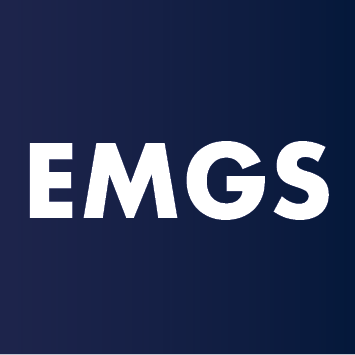The master’s programme prepares students for working in an increasingly multipolar world. The course is not limited to a single method of interpretation or one disciplinary approach. The programme is designed to equip highly qualified students with the ability to contribute to the forward-looking debate on globalization processes in a self-reflective and critical manner – an essential competence for enhancing one’s prospects in the contemporary labour market.
The core skill sets of the programme are
- skills for dealing with different academic approaches to the phenomenon of globalization processes, together with their foundations and problem areas, at a scientific level and related to relevant professional fields;
- the ability to independently work on interdisciplinary problem areas and to adequately present the gathered knowledge in both written and oral formats.
Further goals are transferable and academic skills, such as
- understanding complex global history and international studies problems and framing them in ways that simplify them while still retaining relevance;
- developing analysis and arguments in pursuit of an independent research question;
- skills to gather, deploy, combine, and assess evidence of various kinds;
- skills to critically examine the arguments and evidence presented by others; and (iv) developing consistent arguments and communicating these in clear, concis,e and persuasive forms.
The design of the programme as well as the experiences of former graduates show that EMGS graduates are employed across the many dimensions of the public sector (diplomatic service, development cooperation, and consultancy), by NGOs, in the private sector, and in all spheres of basic and applied research.
A certain proportion of graduates from the programme wish to continue their academic careers by entering PhD-track programmes. Members of the EMGS Consortium offer such programmes, as you can find out here:
- Ghent University PhD programmes
- Graduate School Global and Area Studies Leipzig
- Roskilde University PhD programmes
- Doctoral Programmes at the University of Vienna
In addition to an academic career, the programme prepares young scholars for a variety of successful professional trajectories, for example in transnational, international agencies, and NGOs; in positions as consultants and intercultural mediators; or in the field of development cooperation, economy, and management. Find here more information.
